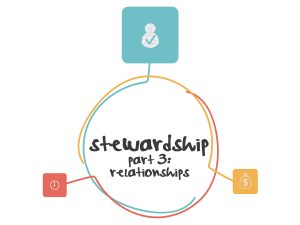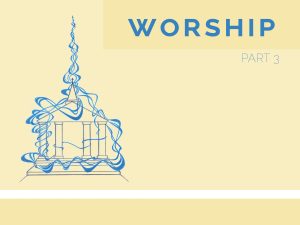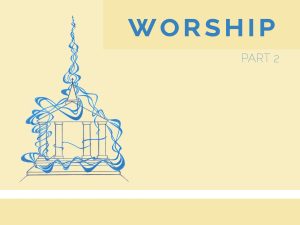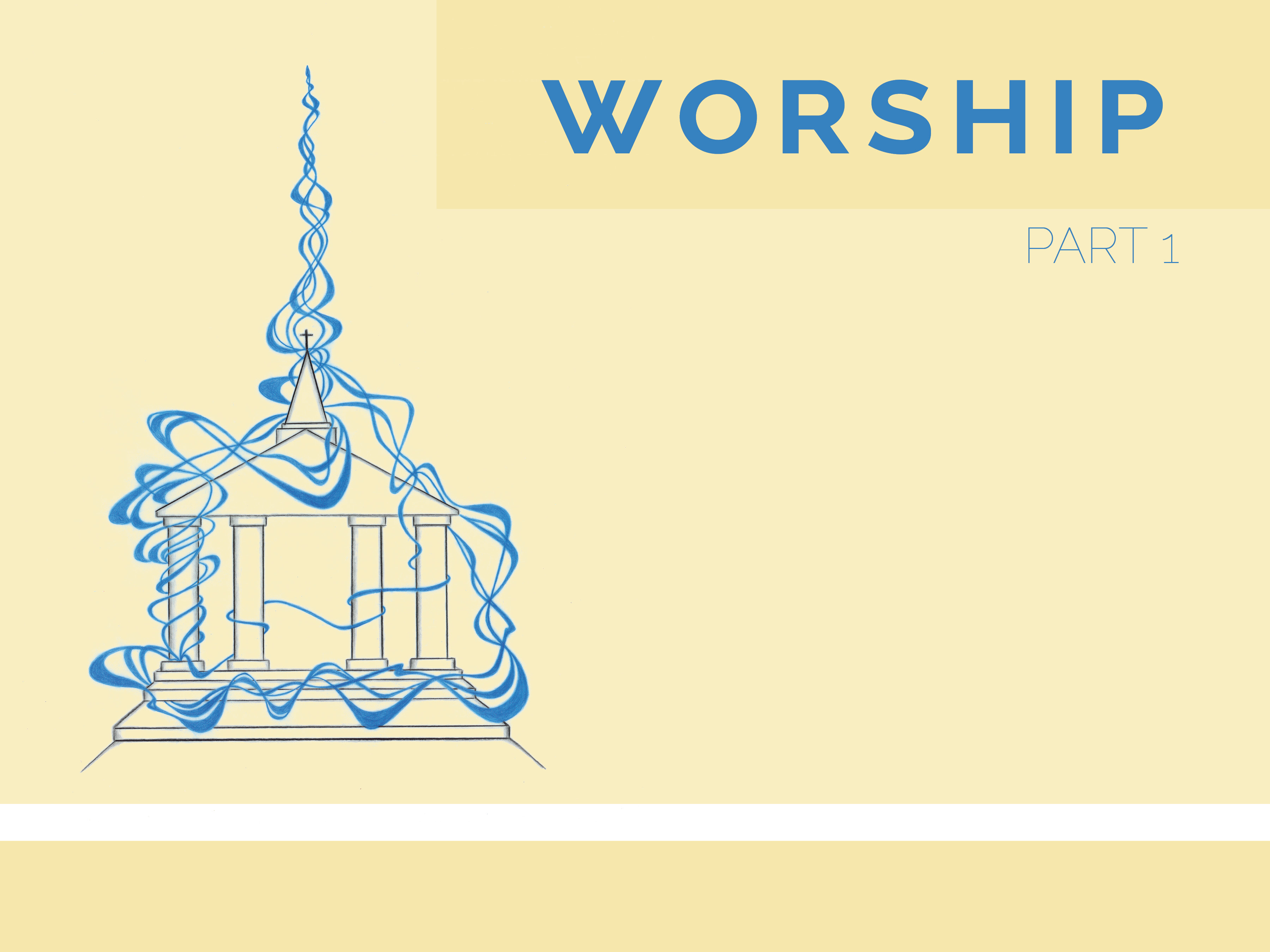
1 Samuel 8
The day before the elections and people have made the choice to skip voting altogether, because they don’t agree with the principles of any of the candidates. It seems in this nation that many people take for granted the privilege to choose and they don’t even bother to exercise that right. Sadly, history shows us that if you don’t exercise your rights, you are likely to lose them.
Over the last few decades there has been a lot of discussion about the separation of the church and the state. While a don’t believe a pastor should direct the congregation to vote for a specific candidate, I also don’t think that the church should stand idly by and allow corruption and immorality to govern our nation.
DR. Adrian Rogers once said, “the church and state should remain separate institutionally, but the church should be the conscience of the state. “
The church is supposed to be the moral compass of the nation, unfortunately the church has spent so much time arguing amongst themselves and debating between denominations, that we have abdicated our voice of morality. Churches and Christians see themselves as poor victims a weak and victimized minority. But Jesus said in Matthew 5:14, “You are the light of the world…” As Christians and as a church, we are Christs ambassadors and when we sit idly by, Satan will continue to destroy this nation.
I came across an interesting quote this week attributed to the 19th century prime minister of England, Benjamin Disraeli.
“Great nations rise and fall. The people go from bondage to spiritual truth, to great courage, from courage to liberty, from liberty to abundance, from abundance to selfishness, from selfishness to complacency, from complacency to apathy, from apathy to dependence, from dependence back again to bondage.”
In 1 Samuel 8 the nation of Israel was going through a leadership transition. The great prophet Samuel was getting old and the people began asking for a King. Under Samuel’s leadership, the nation had expanded, their enemies had been subdued and the nation’s surrounding Israel were at peace. But the people were not satisfied, they wanted a king and God gave them what they desired.
The nation of Israel began looking around to the nations around them and asked for a king to be like the other nations (See 1 Samuel 8:5). The people were crying out for a savior, they thought that Samuel would give them a King and he would solve all their problems. On the surface, to ask for a king seemed like a reasonable request, it seemed like Israel was coming of age as a nation and needed to fit the mold of a successful nation. But this request upset Samuel because he realized that the nation had rejected God as their King and were looking for an earthly leader (verse 7).
The problem was not that they wanted a King, the problem was that they were turning their back on God. This nation of God’s chosen people, the people of the promise to Abraham, the same people of the covenant that God made with Moses on Mt Sinai, they wanted to settle for an earthly king to rule over them.
Sadly, in America today we are not much different, we look to a president or the leaders in Washington to solve our problems, instead of turning to the only one who can solve the problems of this nation and the world – Jesus Christ.
Israel had forgotten who they were, they had lost their moral compass. In response God tells Samuel to warn the nation that a king will require from them a heavy burden of taxes, their sons and daughters will be required to serve in his army and in his courts. The burden on the people will be heavy, but yet, they demanded a king. God gave the children of Israel what they wanted, God in his great mercy and wisdom gives nations what they ask for because ultimately God uses the leaders of nations for his purposes.
Even though the people came to Samuel and demanded a King, God chose Saul the son of Kish a Benjamite to be the first King of Israel. We read in chapter 9 and 10 of 1 Samuel, how God chose Saul, who seemed to have amazing leadership skills and potential to be a powerful King. Unfortunately, Saul became a bad king and just as God had said, the nation became his slaves. Bad leaders enslave their people, and that is what Saul did.
We need to prayerfully consider the choice of the election ballot, because as a nation God will give us the president we ask for. As believers we have a divine voting guide, it is the Word of God. Don’t be misled for one minute into thinking that the Word of God does not apply to your choice on Tuesday November 8, it has everything to do with it (see Psalm 119:105 and Proverbs 29:2).
The next president of the United States faces some incredible problems, foreign and domestic terrorism will always be a concern, our economy and national debt is spiraling out of control, the polarization of the nation between liberals and conservatives has reached a boiling point and the next president will have the opportunity to determine the judges on the Supreme court for many years to come.
But as Christians, who are we looking to? If we are placing our hope in the next president, whomever that may be, we will be disappointed. This coming Wednesday God will still be on the throne, he will still be ruling and managing the worlds affairs. God has never needed a king or a president, he raises them up and he puts them down for his purposes.
There are so many issues that we can identify in the world that need fixing, there is no human leader who can possibly solve even some of the nation’s problems Our only hope is in Jesus Christ, the King of Kings.
There is nothing wrong with being involved in politics or voicing our frustrations with the leaders of our country, but we must view everything from an eternal perspective. As followers of Jesus Christ, this world is not our home, and we must put our trust in Jesus Christ and in no one else. We don’t need a king to be our savior we have Jesus Christ.
Sometimes we get so anxious about the temporal kingdoms here on earth that we forget about God’s eternal Kingdom. (see 1 Peter 2:9-10)




 Psalm 119 v9-16
Psalm 119 v9-16

 There are 2350 verses on finances in the Bible, and 15% of all the recorded words of Jesus were on money. Finances are obviously an important topic in the Word of God, and stewarding our finances well is vital to our Christian walk.
There are 2350 verses on finances in the Bible, and 15% of all the recorded words of Jesus were on money. Finances are obviously an important topic in the Word of God, and stewarding our finances well is vital to our Christian walk.
 Psalm 8
Psalm 8
